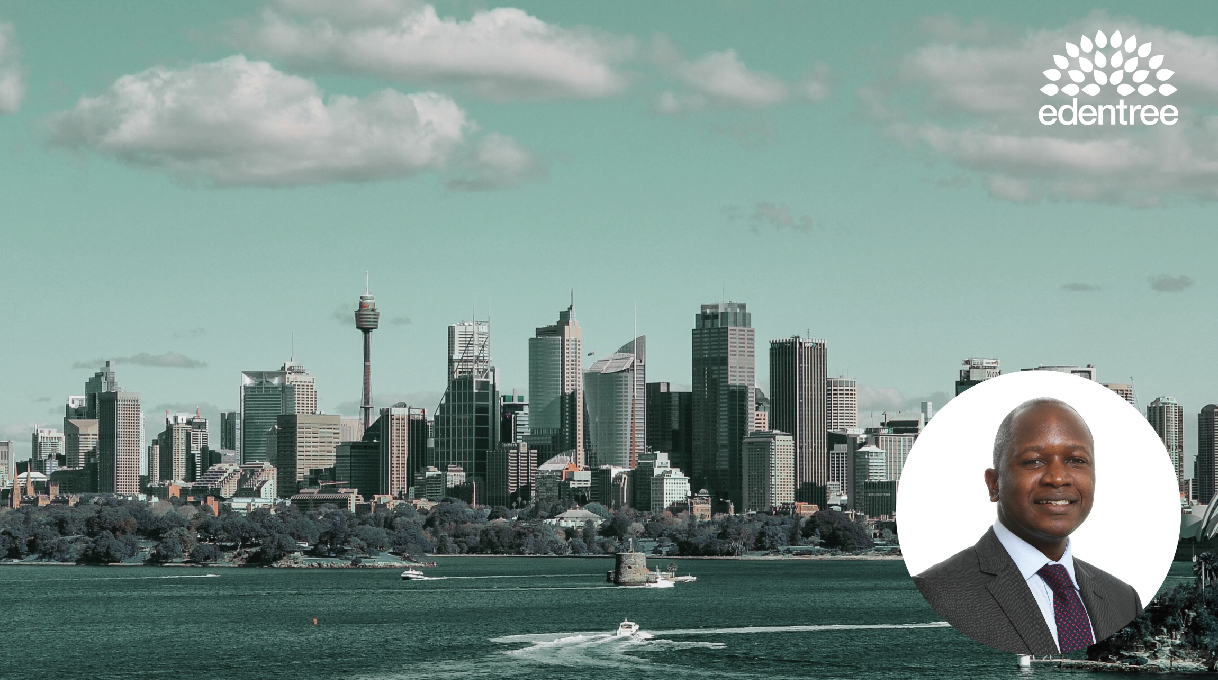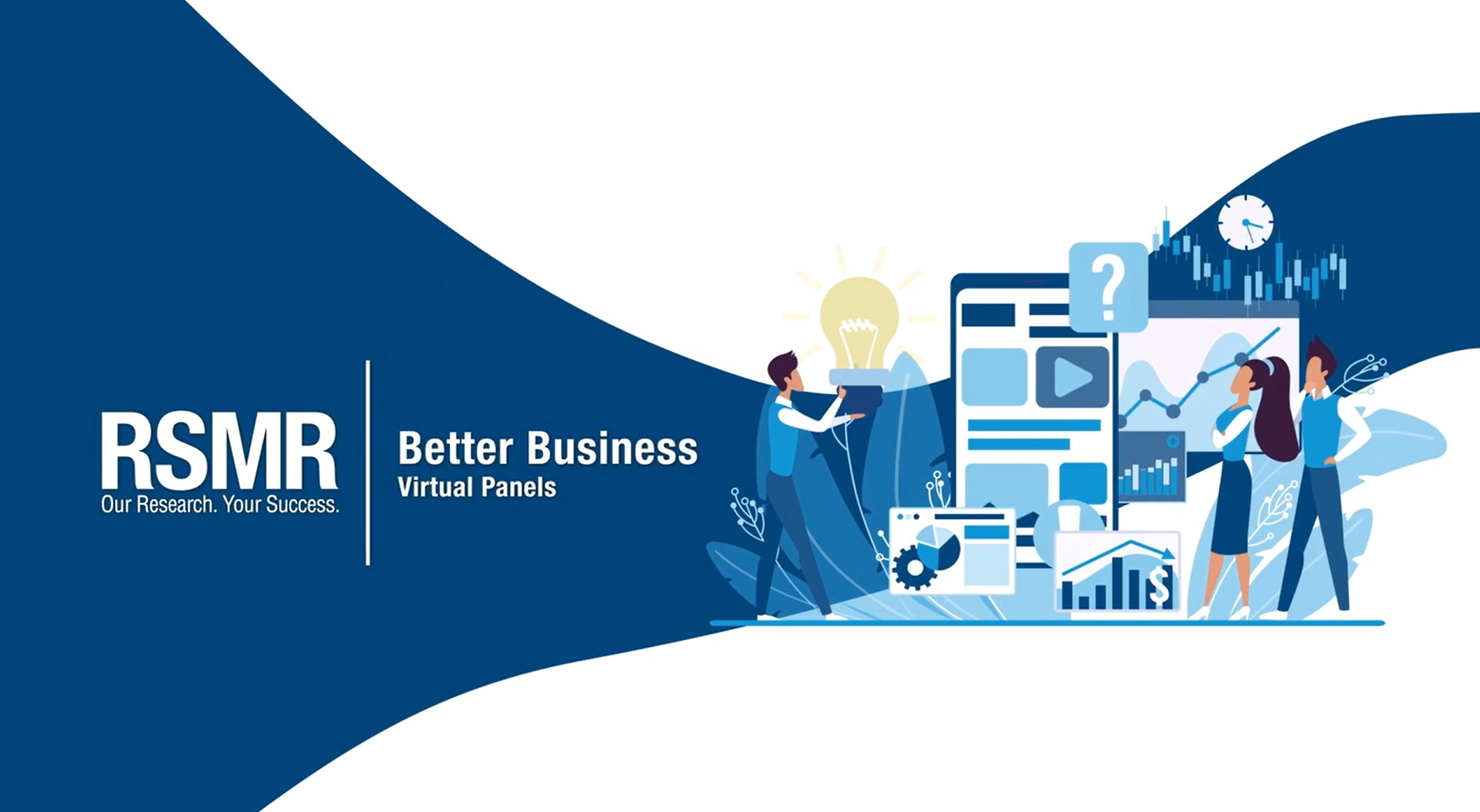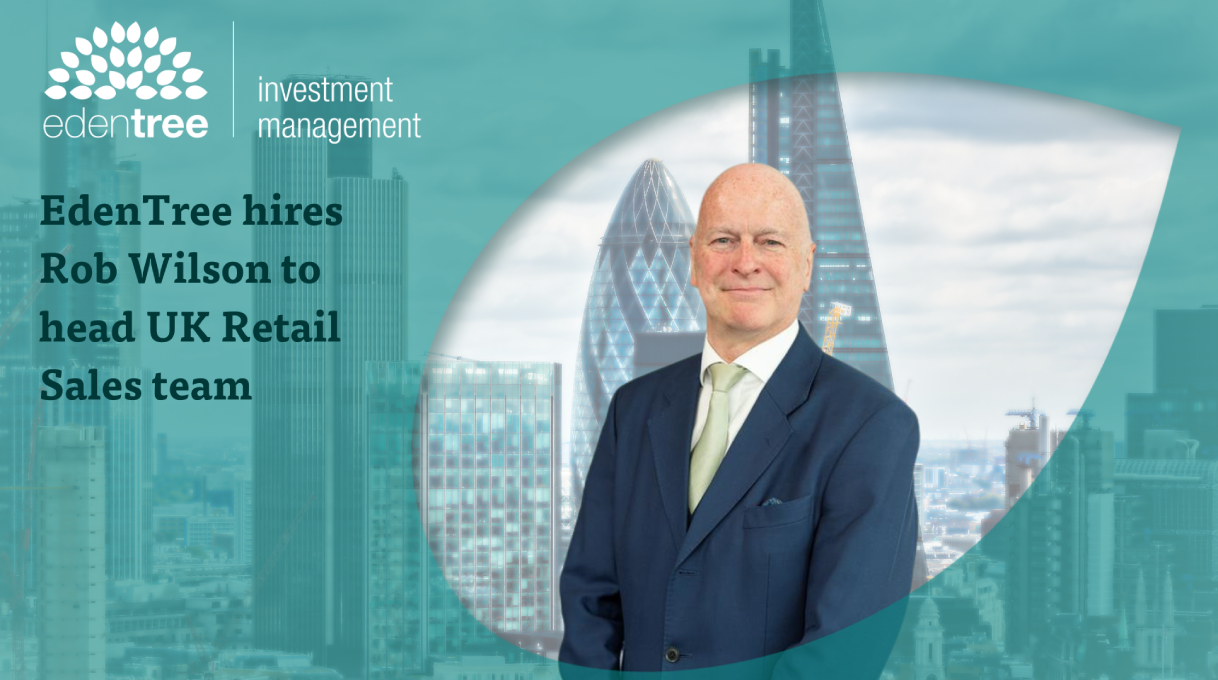News and Insights
Explore the EdenTree Investment News and Insights page, offering timely and informative content to navigate the dynamic world of investments and make informed decisions.
Reports
Annual Impact Report 2024 – EdenTree Green Infrastructure Fund
Our Green Infrastructure Fund Impact Report for 2024 is now live. In this report, we detail both the impact of the Fund’s underlying holdings and the engagement activity we’ve undertaken over the year.
read moreFilter by
Loading
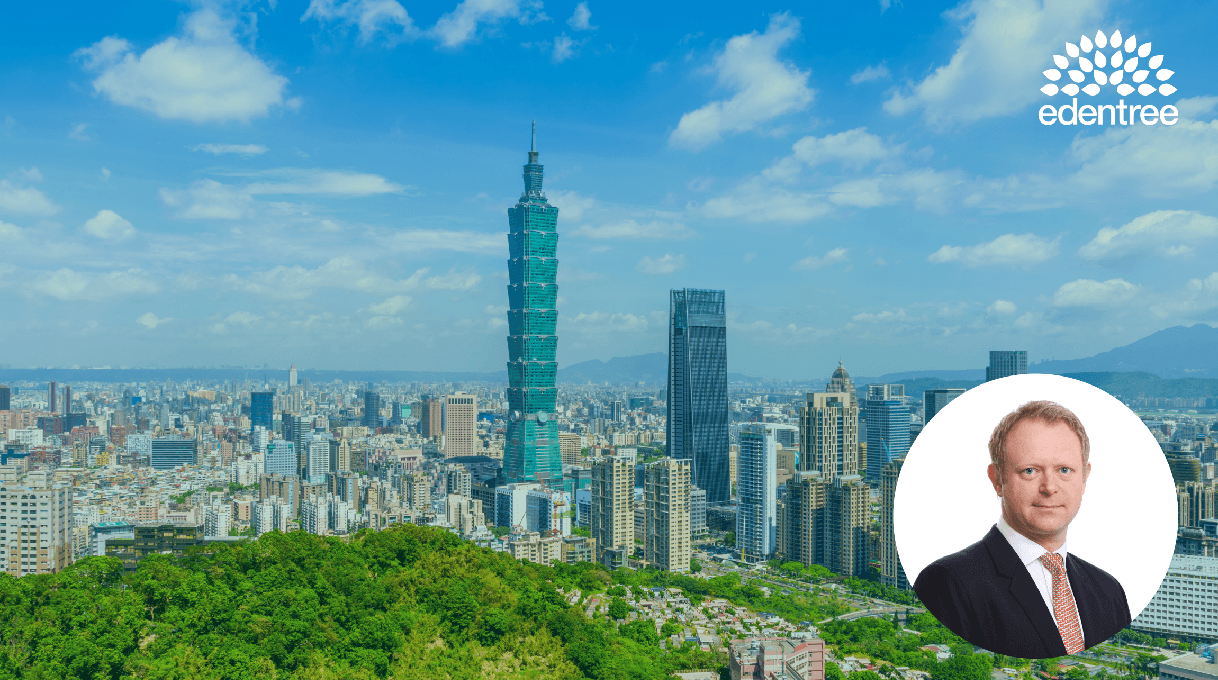
Opinion 10 Jul 2025
From US overweight to global opportunity: why fund selection matters now more than ever
read more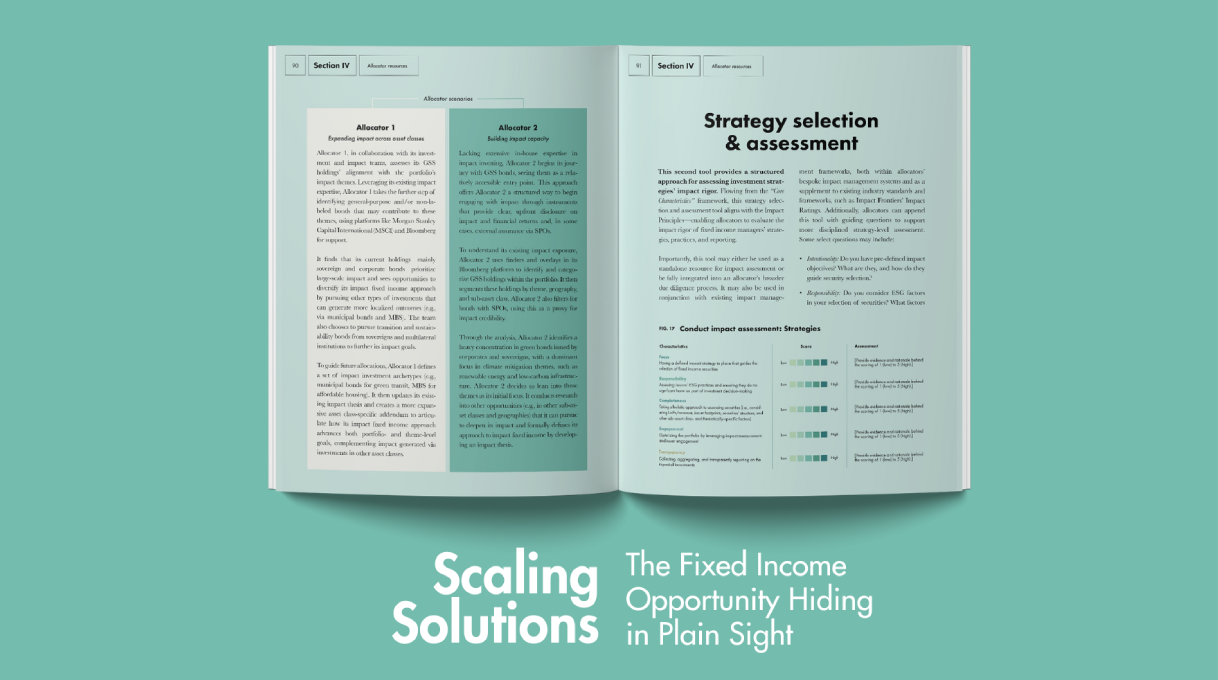
In the News 24 Jun 2025
Scaling Solutions: The Fixed Income Opportunity in Plain Sight – EdenTree Global Impact Bond Fund
read more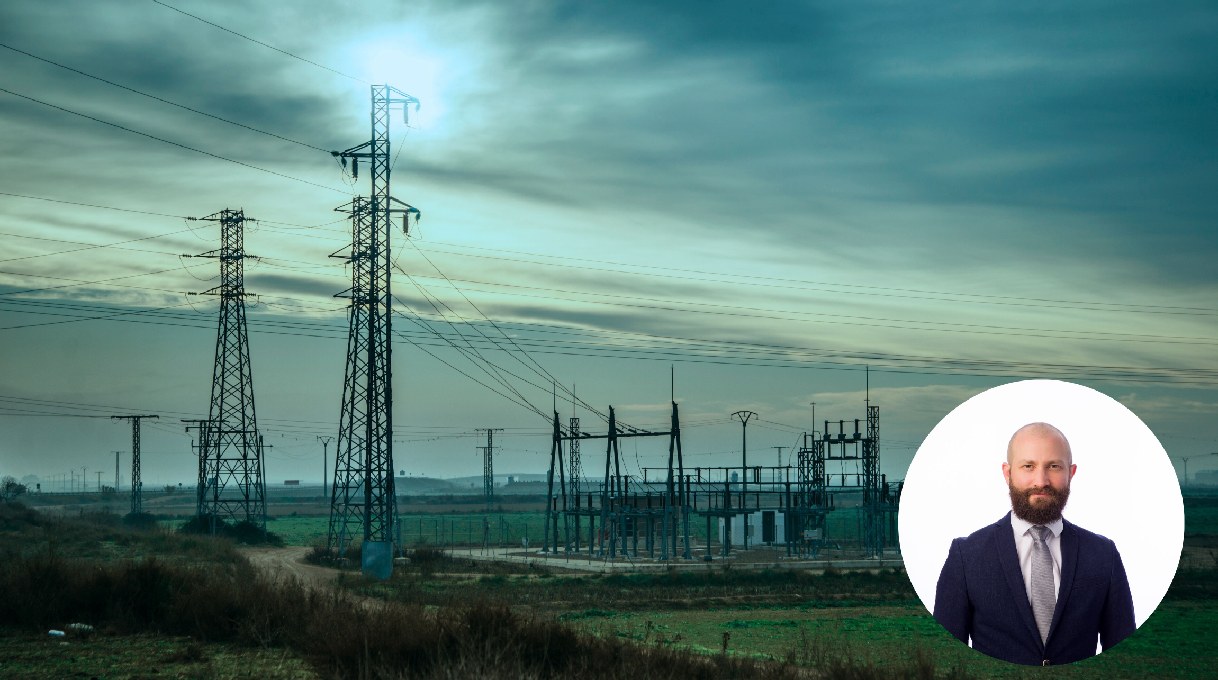
Opinion 20 May 2025
What the blackouts in Spain and Portugal could mean for green infrastructure investment
read more
In the News 30 Apr 2025
Regulation and political polarisation: Why one step back could mean two steps forward
read more
In the News 22 Apr 2025
ACT Signatory Journey: ‘Collaborative engagement is key to wider progress’
read more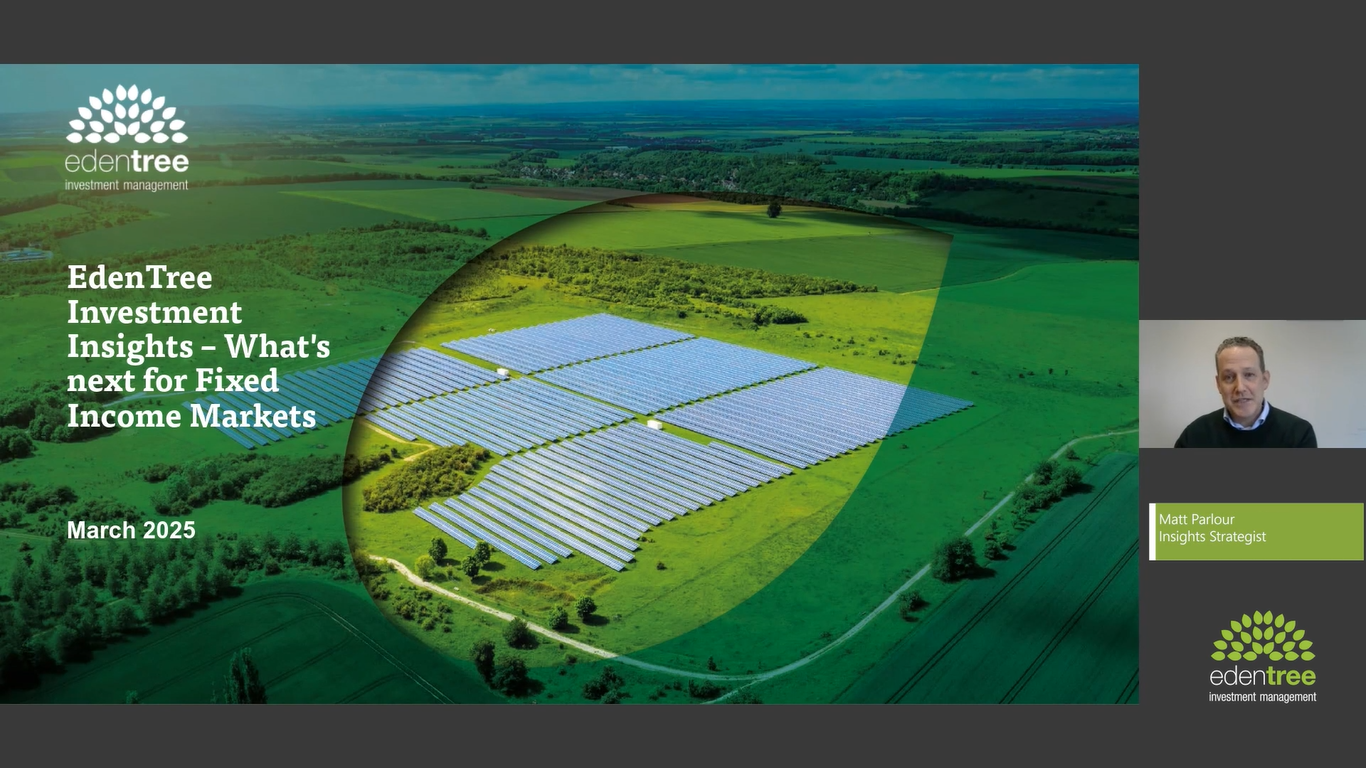
Video 11 Mar 2025
Webinar: EdenTree Investment Insights – What’s next for Fixed Income Markets?
read more
Video 19 Feb 2025

